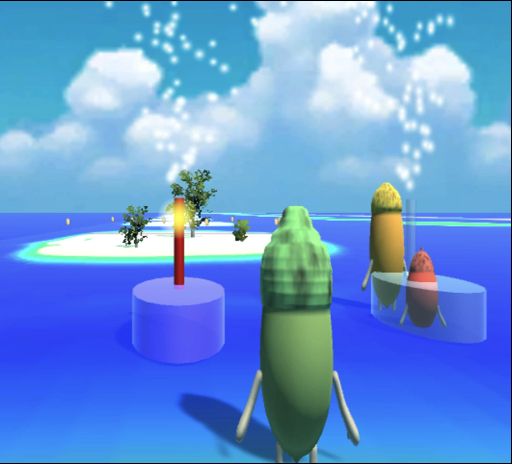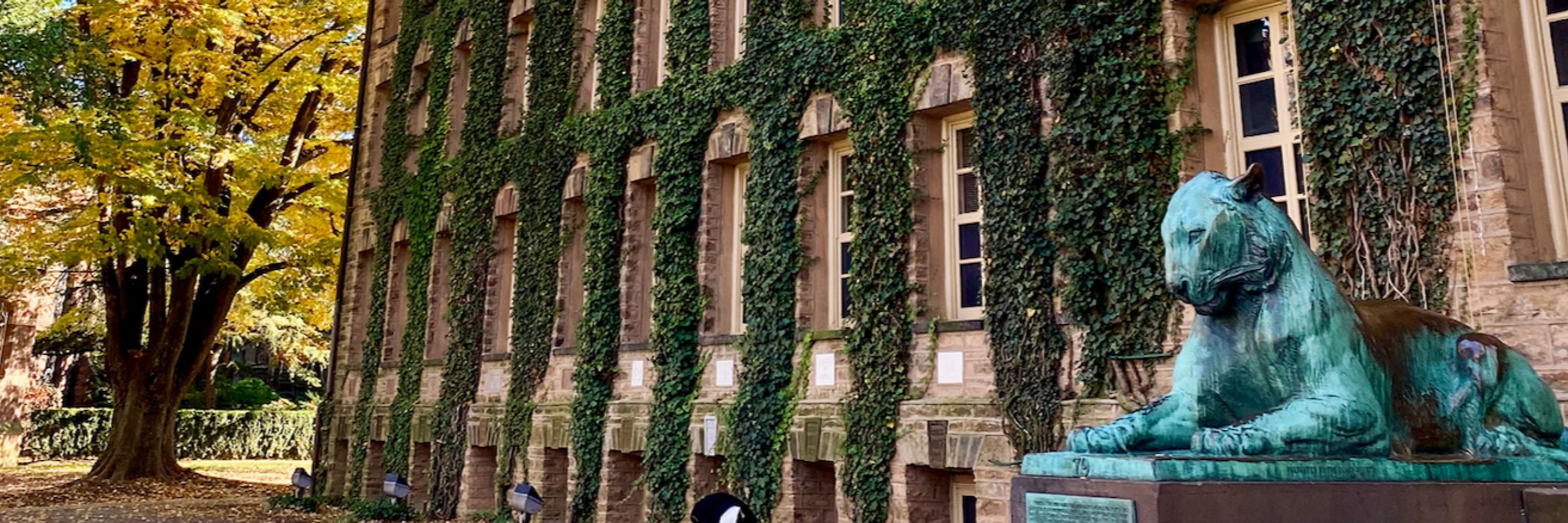
PhD Candidate at Princeton CS with Tom Griffiths & Natalia Vélez @cocoscilab.bsky.social @velezcolab.bsky.social
Prev: Cornell CS, MIT BCS
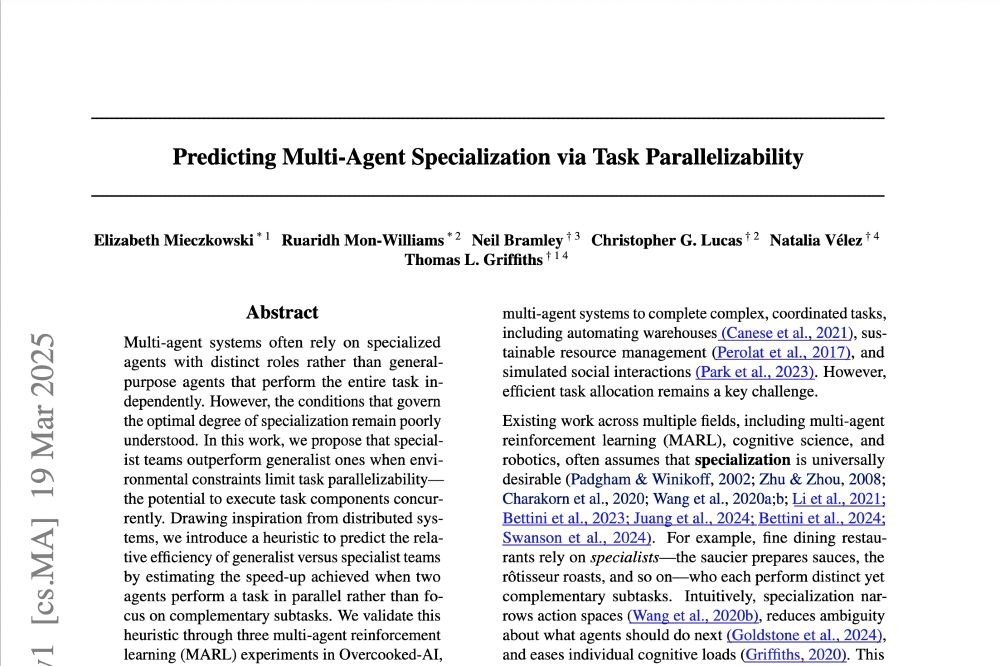
⭐️ New preprint w/ Ruaridh Mon-Williams, @neilbramley.bsky.social, Chris Lucas, @natvelali.bsky.social & @cocoscilab.bsky.social
Also thrilled to share that my article describing my research is out now in @science.org today!
The normalization of (almost) everything www.science.org/doi/10.1126/...
1/

Also thrilled to share that my article describing my research is out now in @science.org today!
The normalization of (almost) everything www.science.org/doi/10.1126/...
1/
Paper, code & demos: gabegrand.github.io/battleship
Here's what we learned about building rational information-seeking agents... 🧵🔽
Paper, code & demos: gabegrand.github.io/battleship
Here's what we learned about building rational information-seeking agents... 🧵🔽
I explore Robert White's seminal "competence motivation" framework (1959) and why it remains relevant over 60 years later—from why toddlers insist on doing things themselves to designing intrinsically motivated AI. 🤖

I explore Robert White's seminal "competence motivation" framework (1959) and why it remains relevant over 60 years later—from why toddlers insist on doing things themselves to designing intrinsically motivated AI. 🤖
The CoDec Lab @ NYU (codec-lab.github.io) is looking for PhD students (Fall 2026) interested in computational approaches to social cognition & problem solving 🧠
Applications through Psych (tinyurl.com/nyucp) are due Dec 1. Reach out with Qs & please repost! 🙏
The CoDec Lab @ NYU (codec-lab.github.io) is looking for PhD students (Fall 2026) interested in computational approaches to social cognition & problem solving 🧠
Applications through Psych (tinyurl.com/nyucp) are due Dec 1. Reach out with Qs & please repost! 🙏
Our new paper shows AI which models others’ minds as Python code 💻 can quickly and accurately predict human behavior!
shorturl.at/siUYI%F0%9F%...

Our new paper shows AI which models others’ minds as Python code 💻 can quickly and accurately predict human behavior!
shorturl.at/siUYI%F0%9F%...
journals.plos.org/plosone/arti...
Snapshot from the BBC:
www.bbc.com/news/article...

journals.plos.org/plosone/arti...
Snapshot from the BBC:
www.bbc.com/news/article...
Many social scientists seem to think so, and are already using "silicon samples" in research.
One problem: depending on the analytic decisions made, you can basically get these samples to show any effect you want.
THREAD 🧵

Many social scientists seem to think so, and are already using "silicon samples" in research.
One problem: depending on the analytic decisions made, you can basically get these samples to show any effect you want.
THREAD 🧵
Consider applying for a PhD or Postdoc position, either through Computer Science or Psychology. You can register interest on our new website lake-lab.github.io (1/2)

Consider applying for a PhD or Postdoc position, either through Computer Science or Psychology. You can register interest on our new website lake-lab.github.io (1/2)
We study the computational principles of how people learn, reason, and communicate.
It's a new lab, and you will be playing a big role in shaping its culture and foundations.
Spread the words!

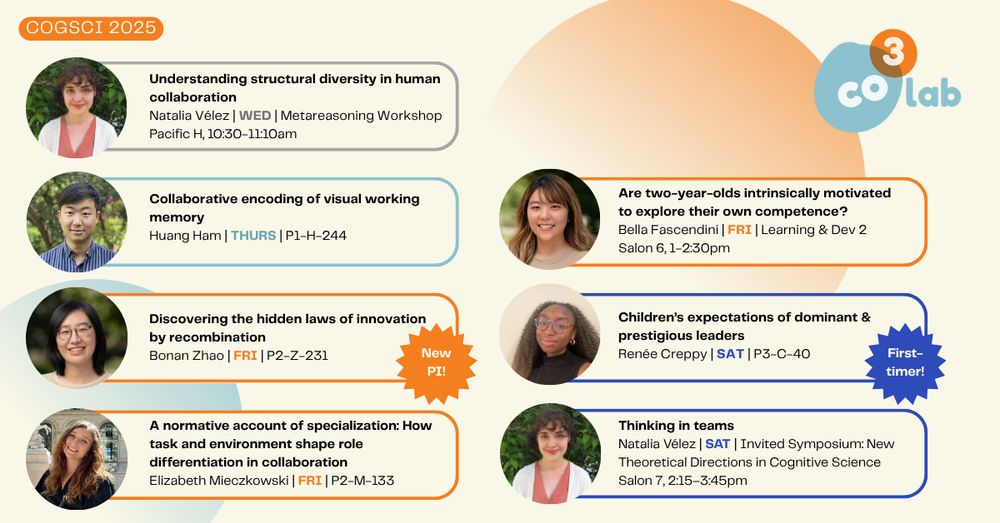
🤔 Can one agent “nudge” a synthetic civilization of Census‑grounded agents toward higher social welfare—all by optimizing utilities in‑context? Meet the LLM Economist ↓
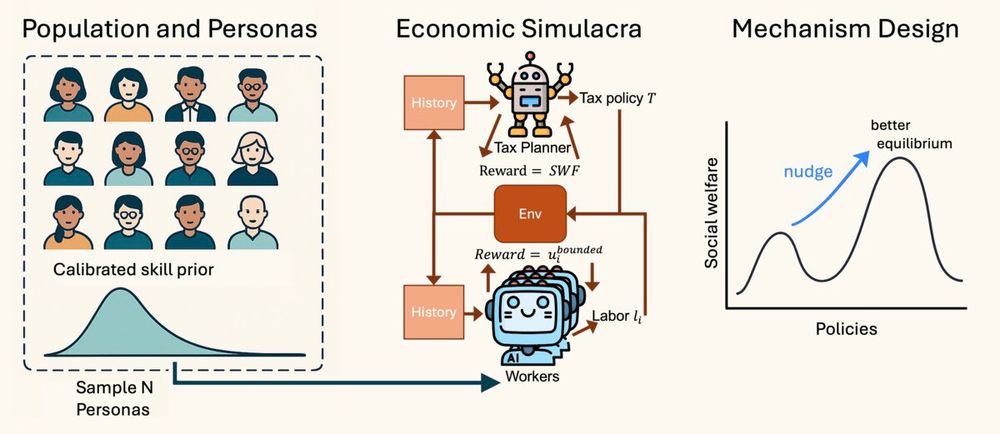
LLMs are increasingly involved in human collaborations. How do LLMs assign responsibility and reward to collaborators? Is it similar to how humans do it? 🤖🧑
📃 gershmanlab.com/pubs/XiangBi... (1/4)
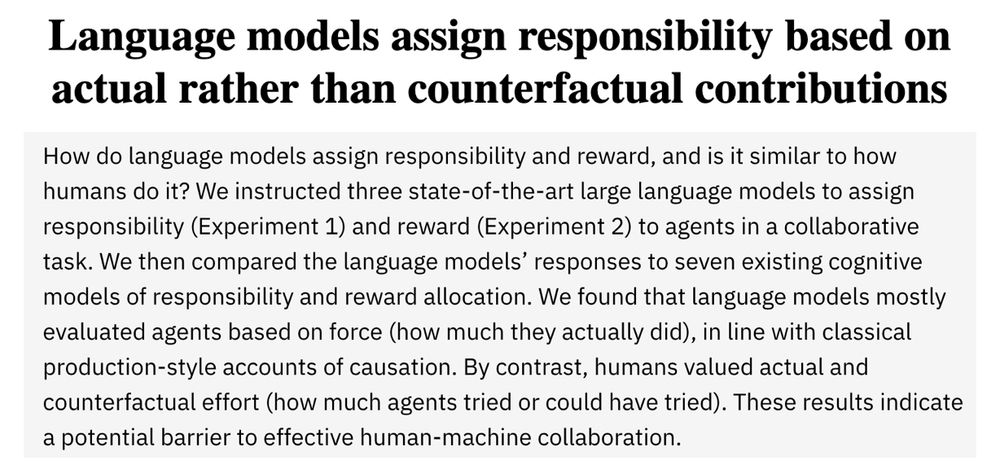
LLMs are increasingly involved in human collaborations. How do LLMs assign responsibility and reward to collaborators? Is it similar to how humans do it? 🤖🧑
📃 gershmanlab.com/pubs/XiangBi... (1/4)
Interested in computational cognitive science applied to climate change and real-world policy? Come find me!
My lab at UCLA is recruiting 1–2 fully funded PhD students.
We work on:
• decision-making
• climate perception
• human–AI collaboration for policy design

Humans are the ultimate cooperators. We coordinate on a scale and scope no other species (nor AI) can match. What makes this possible? 🧵
www.pnas.org/doi/10.1073/...
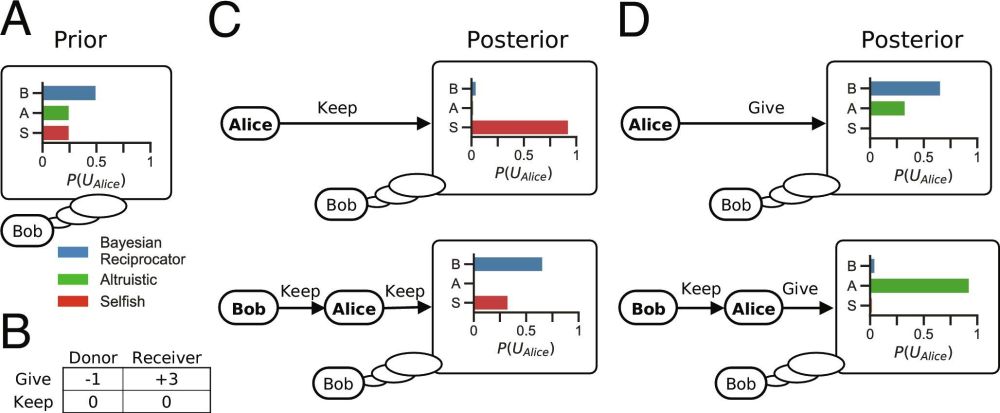
Humans are the ultimate cooperators. We coordinate on a scale and scope no other species (nor AI) can match. What makes this possible? 🧵
www.pnas.org/doi/10.1073/...
arxiv.org/abs/2507.14063

arxiv.org/abs/2507.14063
📢 New paper from: Elizabeth Mieczkowski, Cameron Rouse Turner, Natalia Vélez, & Tom Griffiths
www.sciencedirect.com/science/arti...
TL;DR: Sometimes it's acceptable not to help with group work 🧵👇
authors.elsevier.com/sd/article/S...

authors.elsevier.com/sd/article/S...
www.science.org/doi/full/10....
(1/n)
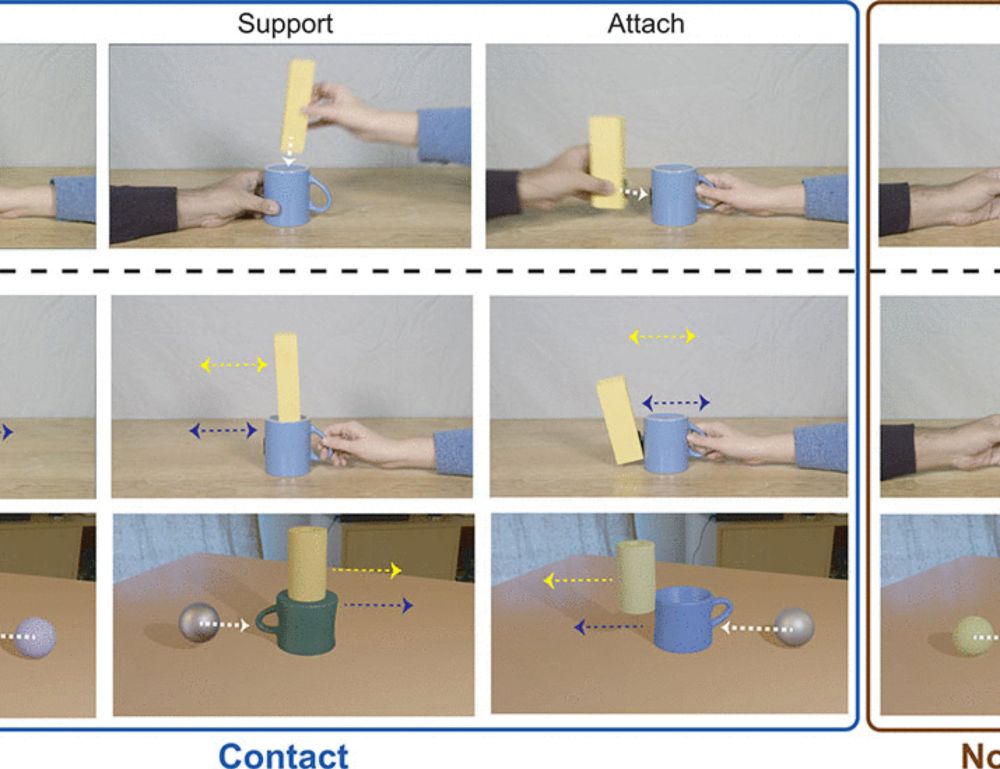
2/9
2/9
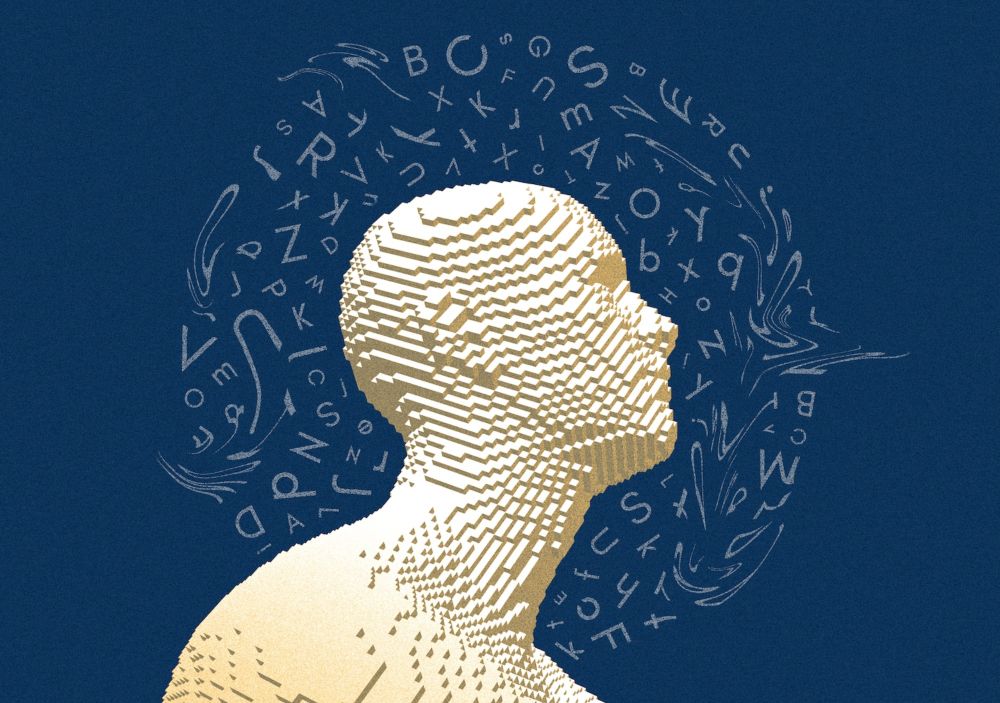
"Physics vs. graphics as an organizing dichotomy in cognition"
(by Balaban & me)
relevant for many people, related to imagination, intuitive physics, mental simulation, aphantasia, and more
authors.elsevier.com/a/1lBaC4sIRv...
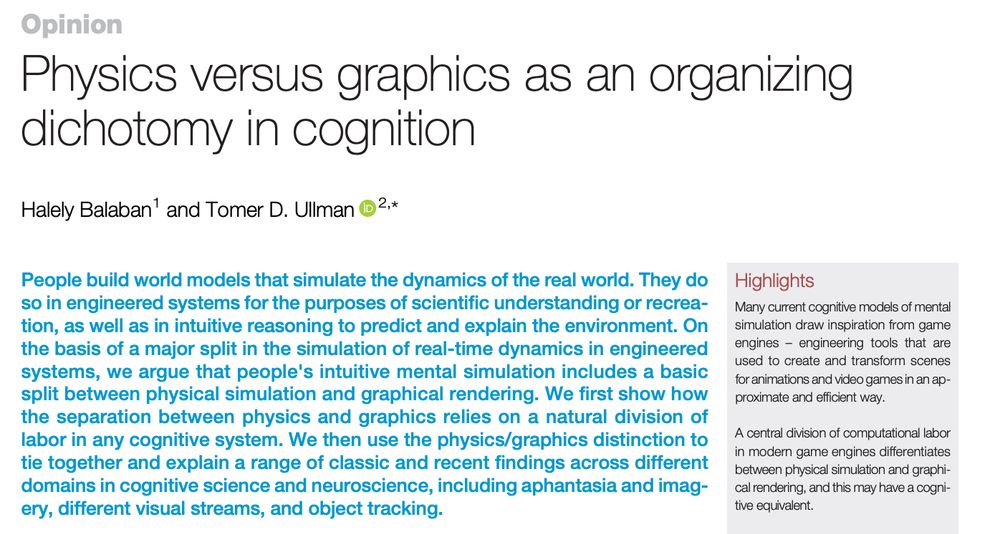
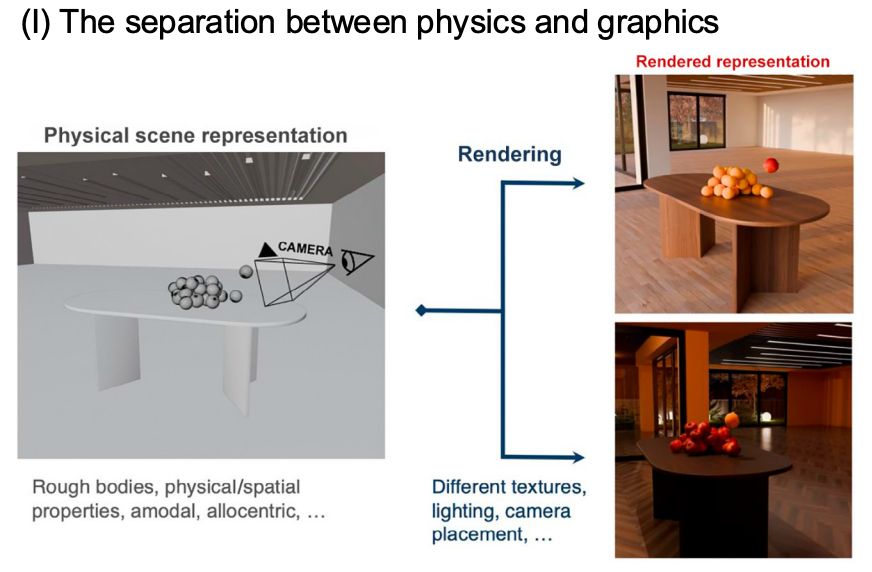
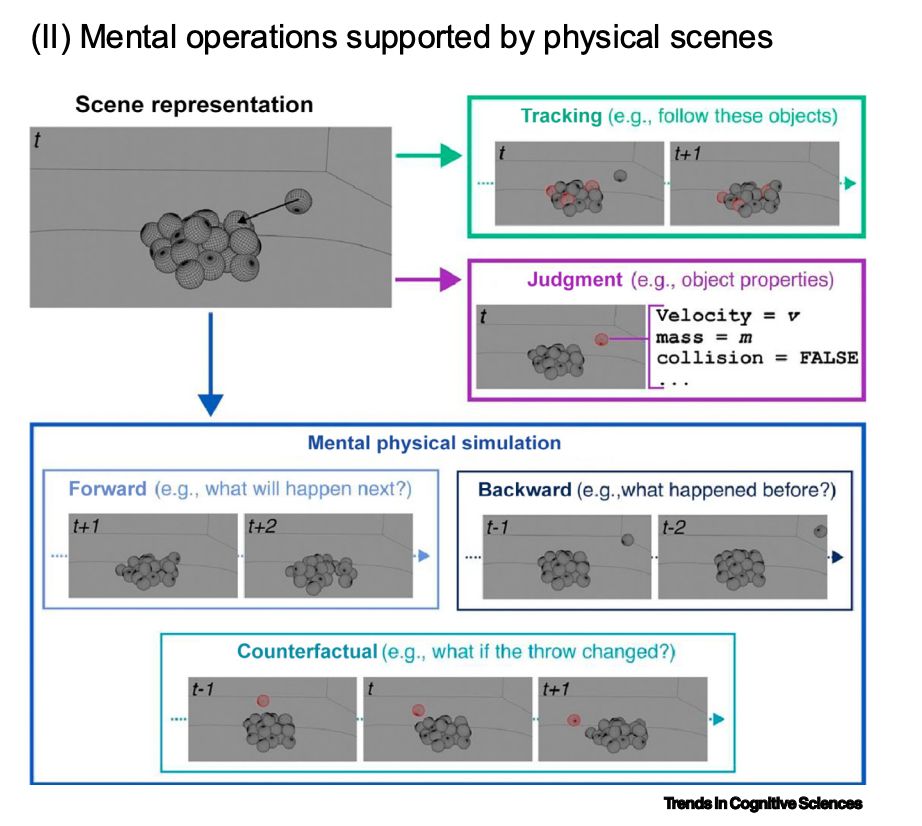
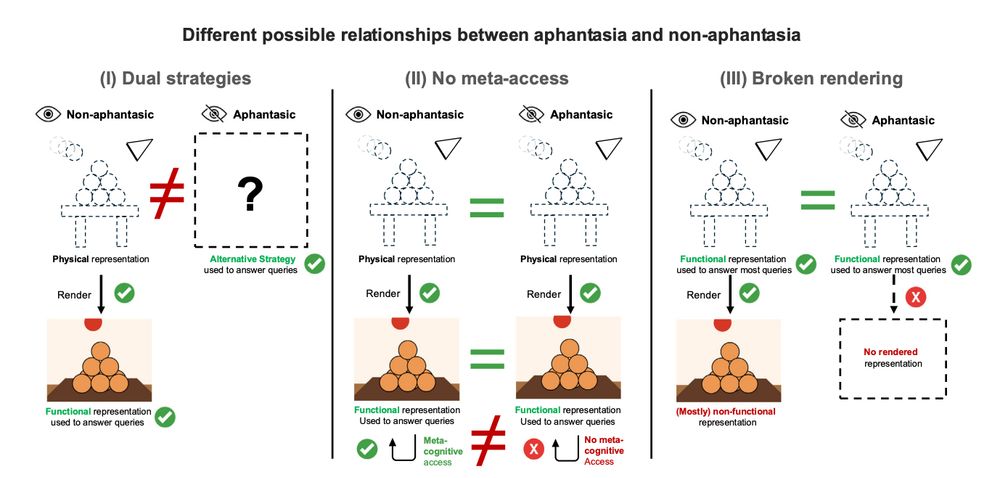
"Physics vs. graphics as an organizing dichotomy in cognition"
(by Balaban & me)
relevant for many people, related to imagination, intuitive physics, mental simulation, aphantasia, and more
authors.elsevier.com/a/1lBaC4sIRv...
